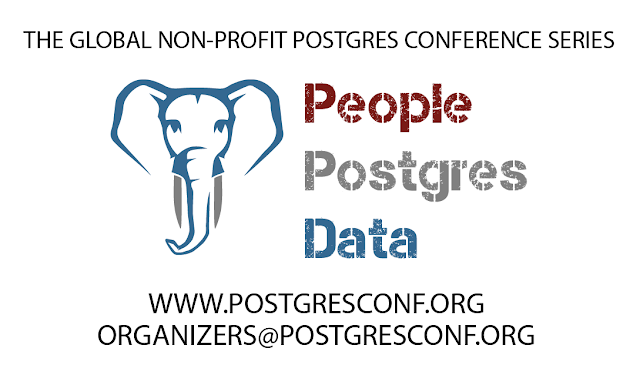Pivotal Sponsor Highlight Blog for PostgresConf 2019
Written by:
Jacque Istok, Head of Data, Pivotal
1. Greenplum has its own community; what do you hope to achieve by joining the Postgres community and PostgresConf?
Both interest and adoption of Postgres have skyrocketed over the last two years, and we feel fortunate to be a part of the extended community. We have worked very hard to uplevel the base version of Postgres within Greenplum to more current levels and to be active in the Postgres community. We see Greenplum as a parallel (and analytic focused) implementation of Postgres, and we encourage the community to continue to embrace both the technology and the goal of the Greenplum project, which is Postgres at scale.
2. Are you planning to provide any new tech (PG features, etc.)?
This year we plan to announce several new things for both Greenplum and Postgres. We’re introducing new innovations in our cloud offerings in the marketplaces of AWS, Azure, and GCP. We also have major news about both our natural language at-scale analytics solution based on Apache Solr, and our multi-purpose machine learning and graph analytics library Apache MADlib. The next major release of Greenplum is a major focus as well, differentiating Greenplum from each of its competitors and bringing us ever closer to the latest versions of Postgres.
3. Are there any rising stars in the community you’d like to give props to?
While it seems a little self-serving, I would like to take the opportunity to give props to the Pivotal Data Team. This team is a 300+ worldwide organization that helps our customers, our prospects, and the community to solve real world and really hard data problems—solved in part through Postgres technology. They all attack these use cases with passion and truly make a difference in the lives of the people that their solutions touch. I couldn’t wish to work with a finer group.
4. What is the number one benefit you see within Postgres that everyone should be aware of?
The number one benefit of Postgres is really its flexibility. This database chameleon can be used for SQL, NoSQL, Big Data, Microservices, time series data, and much more. In fact, our latest analytic solution, MADLib Flow, leverages Postgres as an operational engine. For example, Machine Learning models created in Greenplum can be pushed into a restful API as part of an agile continuous integration/continuous delivery pipeline easily and efficiently—making Postgres the power behind what I still like to think of as #DataOps.
5. What is the best thing about working with the Postgres community?
I deeply admire the passion and consistency of the community behind Postgres, constantly and incrementally improving this product over decades. And because Greenplum is based on Postgres, we get to interact with this vast community of talent. We are also able to more seamlessly interact with ecosystem products that already work with Postgres, making the adoption of Greenplum that much easier.
6. Tell us why you believe people should attend PostgresConf 2019 in March.
PostgresConf is going to be awesome, and I can’t wait for it to start! With Pivotal, Amazon, and EnterpriseDB headlining as Diamond sponsors, Greenplum Summit (along with multiple other summits), and high-quality speakers and content across the board, this year’s PostgresConf promises to be bigger and better than ever and surely won’t disappoint.
We’re thrilled to be back to present the second annual Greenplum Summit on March 19th at PostgresConf. Our theme this year is “Scale Matters”, and what we’ve seen with our customers is that every year it matters more and more. Our users are part of organizations that are generating tons of data and their need to easily and quickly ingest and interrogate all of it is paramount. This is true even more now than ever before as the insights that can be found not only help differentiate them from their competitors, but are also used to build better products and increase customer loyalty.
The day will be filled with real-world case studies from Greenplum users including Morgan Stanley, the European Space Astronomy Centre, Insurance Australia Group, Purdue University, Baker Hughes (a GE company), Conversant, and others, plus presentations and deep-dive tech sessions for novices and experts alike.













